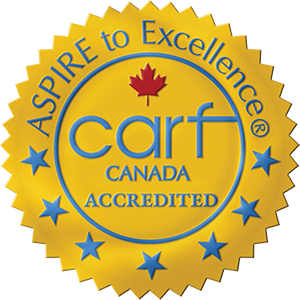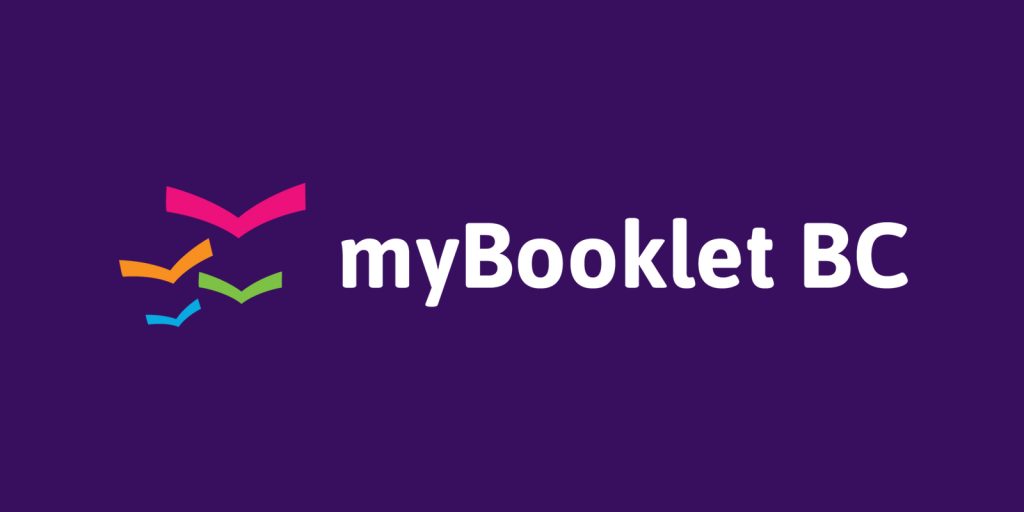School Meeting Toolkit 2:
Preparing for Your Meetings
A school meeting can be requested either by you or the school at any time, to address your concern. Here are some important steps to consider when preparing for your meetings.
Prepare your documentation
Option B
Create a binder if you don’t already have one started.
Make a list
Make a list of things you want addressed at the meeting. Max. 3-4 highlights of the topic.
Here are some things you can keep in your binder:
- Keep your notes with respect to efforts already made in past meetings. If you don’t have any notes, jot them down in chronological order as you remember them.
- Add in any and all past communication with the school.
- Any other professional documentation. For example: Letters from Doctors or other Medical Professionals, Assessments from O.T., Physio, psychologists, behaviour consultants.
- IEP’s
- Student records/file: Any copies of your child’s school record/file. You have a right to copy your child’s school record. You can ask the principal for a copy of your child’s record, which should be a record of all past report cards, incident reports, teacher notes, etc. However, every district has a policy and a regulation that describes what should be in the permanent student file/record.
- Report cards
- A copy of the School Act and “Special Education Policy Manual”
- “A Parent’s Handbook on Inclusive Education” from Inclusion BC
- Meetings can be a very emotional space. Make sure you pack some extra things for your meeting to help you stay grounded. You can put them in your binder and have it ready for any future meetings as well.
- A photo of your child
- Kleenex
- Fidget tool
- Extra pens, highlighters etc.
- Something to drink and to eat
Prepare with your support person
Make sure your support person (can be a friend, partner, family member, FSI resource parent, Inclusion BC Advocate etc.) can make it and they know what’s expected of them.
Brainstorm before your meeting with your support person. Discuss what you would like as an outcome for the meeting and how you would like for them to support you. This helps to remove confusion and set clear expectations.
- Do you need them to just take notes or call a break?
- Do you need them to speak up if you are feeling overwhelmed?
- Do you need them to bring some paperwork, make copies and hand them out?
- Do you need them to remind you of your rights, or your child’s rights?
- Do you need them there just to be a witness?
Pro-Tip: Take care of your physical needs before. Drink some liquids, eat something, take any medications you need, do any activity that grounds you.

By Family Support Institute of BC & BCEdAccess



